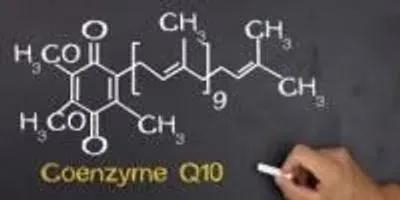The popular dietary supplement ubiquinone, also known as Coenzyme Q10, is widely believed to function as an antioxidant, protecting cells against damage from free radicals. But a new study by scientists at McGill University finds that ubiquinone is not a crucial antioxidant -- and that consuming it is unlikely to provide any benefit.
The findings, by a team led by Professor Siegfried Hekimi in McGill’s Department of Biology, are published today (March 6) in Nature Communications.













